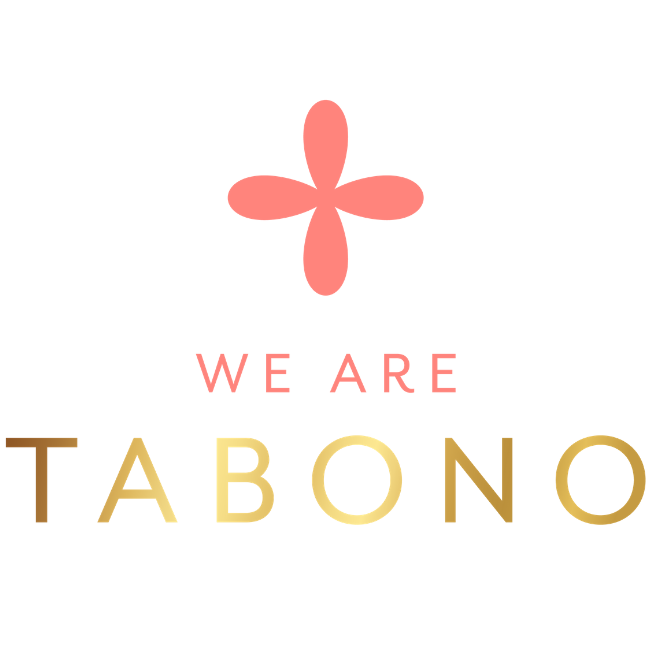
Who do you think you are? There are many different tests and tools that determine personality types. DiSC Profiling and Myers-Briggs being just two.
I remember my first exposure to personality typing. I was in my late 20s, I think, and it was part of a team building session. Everyone did the test. Then the trainer asked us to stand in the corner of the room that were designated to our respective personality types. The whole of the team ended up either together, or very close to each other, on one side of the room. I was in the opposite corner. On my own. When she saw our team’s results, I think the blatant division of ‘them and me’ even shocked the trainer!
But what was the most important thing I learned from that session? Yes, it was interesting to learn what my personality type was, but more importantly, it was a really important lesson about balance.
The need for balance of personality types
Everyone is different. We all have strengths. And every single one of us has weaknesses. After going through the exercise described above, I felt ‘different’. That I didn’t fit the mould. Sadly, I felt that way for a good while.
But then I realised that actually, my presence in the team was a positive one. An unbalanced aeroplane cannot fly properly. A structure without foundations that are balanced and equal, will fall down.
The same is true of teams. Every team needs the one who drives things forward and the one who calms things down. We all need a cheerleader and someone who pushes the boundaries. And these are just a few examples.
When I learned about personality types, I learned that it was ok to be me. I understood more about my strengths and weaknesses. I learned what this meant for my communication skills, and which personality types would ‘balance’ me out.
Find out for yourself
I would recommend learning about personality types to anybody. It’s a fascinating topic for personal development. But it’s also a must for anyone building and leading a team.
You can also read more about networking for introverts and about empowering yourself as an introvert female entrepreneur in later blogs. I also published 8 self-care strategies for introverts for those looking for support in that area. Finally, if you are more on the extrovert side, here’s a blog for you on why being an extrovert is good for business.
